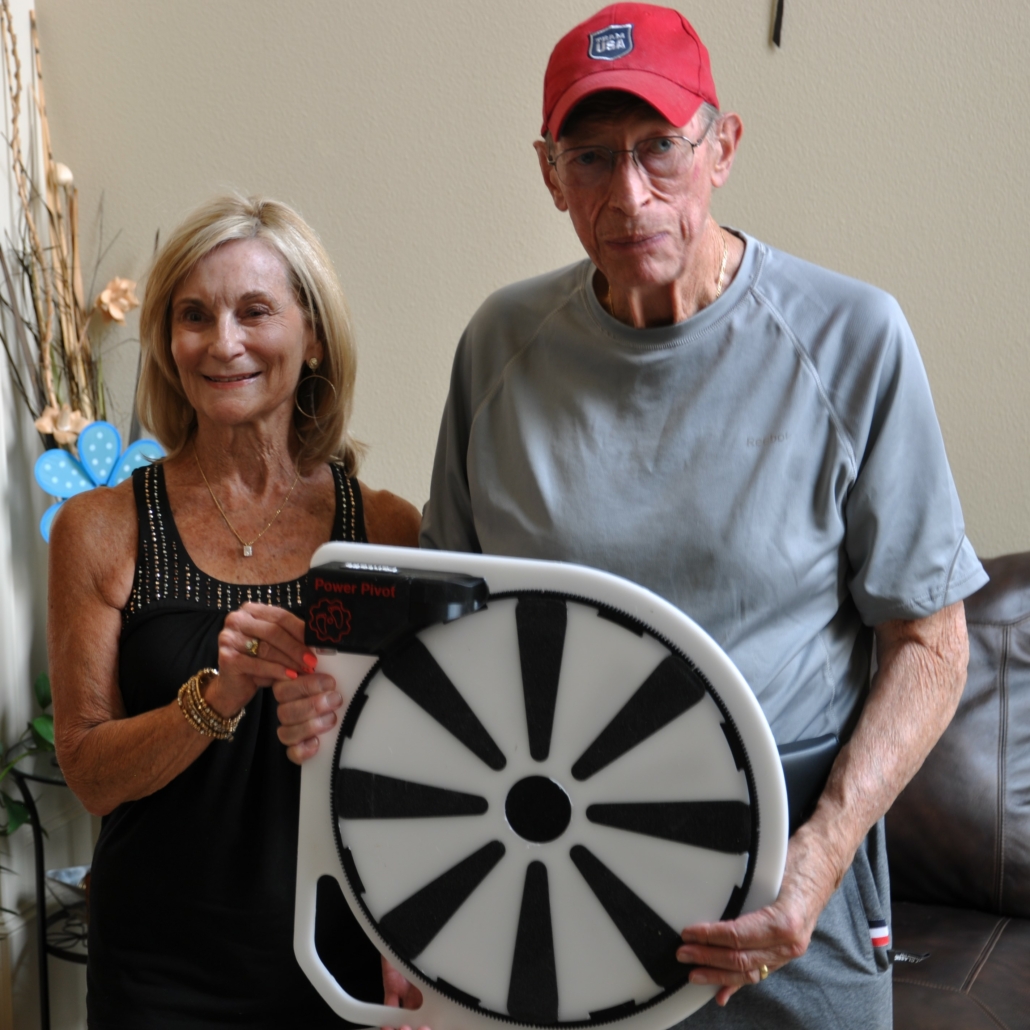If you take a look around the room, you’ll notice that you already see in 3D. Yet, something changes once you start to watch a movie or view an image that causes everything you see there to take on a two-dimensional appearance. New technology has transformed how you can enjoy a movie today by offering the ability to wear special glasses that create a 3D experience. Naturally, being able to put on a pair of glasses and see things differently sparks curiosity. Whether you’re wondering how 3D glasses work or are preparing to teach a science or technology class, it’s fun to delve into the details of what makes this magical experience happen.
Start By Understanding How Normal Vision Works
The first thing you’ll want to know is that the human head already functions like a 3D viewer. Although it’s a part of your face that barely gets much thought, the space between your eyes plays an important role in how you see the world. This gap helps you to see items that are in the distance while also being able to judge the general location, depth and shape of the things that you see in your field of view. The reason why you only see things from a 2D perspective in a movie or picture is because the image is taken from only a single camera rather than how things would be perceived through two eyes.
Get a Basic Overview of How 3D Images Work
To make a 3D photo or image, the creator uses multiple angles that are eventually superimposed on each other. Since your eyes currently operate as a 3D viewer, this causes the 3D images to appear blurry and unfocused when you view them without the special glasses. Adding the right type of 3D glasses gives the images depth and distance so that your eyes can process them properly again.
Interestingly, the history of 3D cinematography involved creators considering adding special views to the floor of theaters to allow people to view the movies from there. Unfortunately, the installation process was too expensive for the average theater to feasibly include in their budgets. The good news is that the ability to create individual glasses for people to wear helped to make 3D movies affordable for theaters to show and more enjoyable for the typical moviegoer.
Know the Difference Between Polarized and Anaglyph Glasses
You might have noticed that various theaters and other entertainment sources sometimes have different 3D glasses that they hand out. Exploring how the two most common types of 3D glasses work gives you more insight into why you may want to pick out a specific pair.
Anaglyph glasses are the typical cardboard glasses that you’ve seen in theaters that have one red lens and one cyan, or blue, lens. The simplest way to understand how these glasses work is that the red lens serves as a filter that takes out the redness in an image while the cyan lens does the same for blue. When this happens, the image takes on greater shape and depth that is capable of being processed by your eyes. Despite the lenses in these glasses filtering out the colors, you’ll notice that your eyes make up the difference in colors to allow you to see all of the hues in the images.
Polarized glasses look similar to sunglasses, but they have a slight tint on the lenses. At first glance, it may be difficult to tell how these could ever function as 3D viewers. But, it makes a lot of sense once you understand the technology behind them. To work, polarized 3D glasses only allow light waves to pass either vertically or horizontally through them. These types of 3D movies are made using two different images that are meant for each eye, and the polarization ensures that your eyes only see the specific image they are meant to. This has the effect of creating an illusion of depth.
Now that you understand how 3D glasses work, you’ll be able to take a moment to appreciate the effects when you watch a movie or view an image. In fact, it’s fun to pick up both types and conduct a brief experiment to see how each one works as you view different types of images and movies. Now that you understand how your vision changes in response to lenses that reflect colors and light in unique ways, you’ll be ready to tell everyone you know about how amazing this type of technology is for enhancing your favorite movies.
By: Katherine Robinson, a writer for American Paper Optics

















